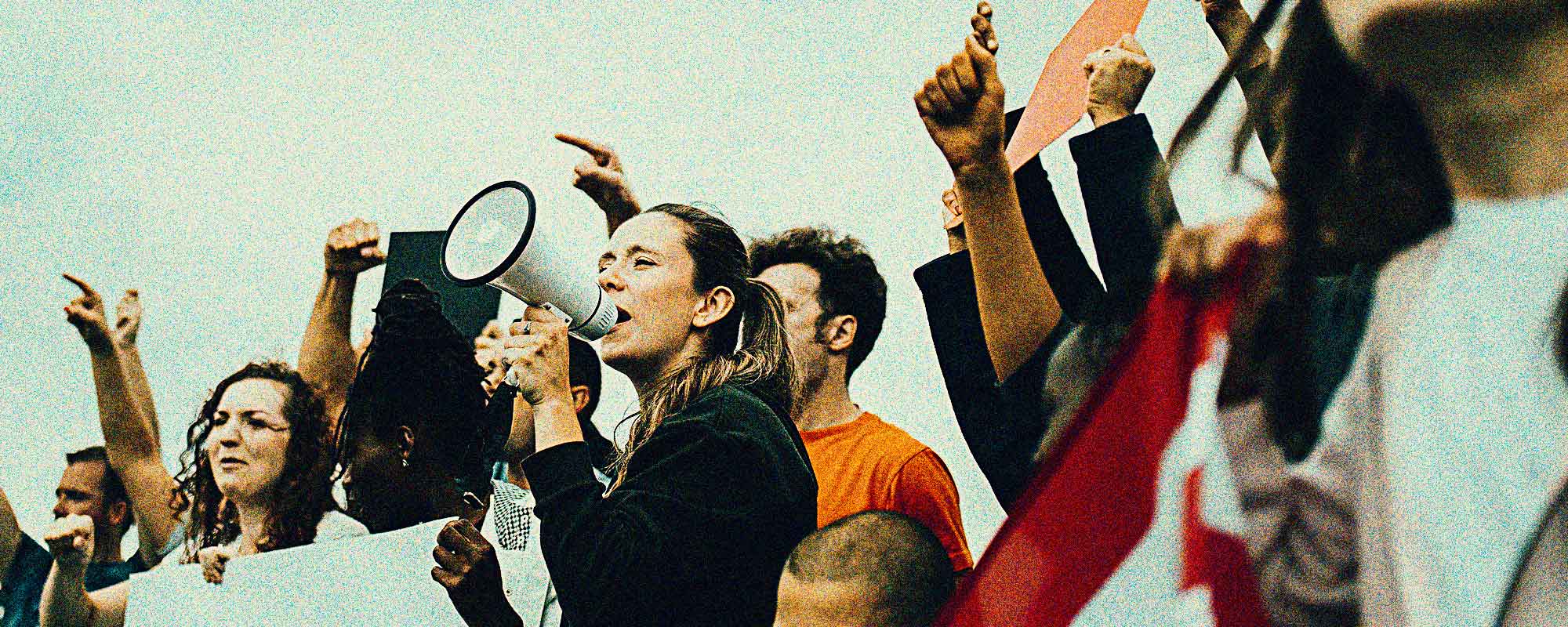CCLA has joined with 12 other civil society organizations to release a joint statement addressed to the Minister of Canadian Heritage, Pabo Rodriguez, describing shared concerns and hopes related to Canada’s upcoming online safety proposal. The organizations have urged the government to proceed cautiously with legislation to address online safety to ensure that freedom of expression and privacy receive meaningful protections. Some of the dangerous directions that the joint letter warns of include:
- Proactively monitoring online content
- Breaking private encrypted communication
- Requiring mandatory takedown windows for most illegal content
- Blocking websites absent judicial authorization
- Implementing new definitions of targeted harmful content, beyond those already defined by Canadian law.
The letter also makes recommendations for online safety aimed at enhancing users’ freedoms, including mandatory transparency of data and algorithm use by platforms, requiring user tools for self-managing online safety, and tailoring wider platform accountability measures to their overall patter of behaviour and reasonable risk assessment.
The issue of how to address the powerful impact of online expression is a particularly complicated policy issue. The CCLA and other civil society groups want to ensure that the government takes the significant feedback it has heard from Canadians seriously, and proceeds in a principled and cautious manner.
You can read the full joint statement here: https://openmedia.org/assets/CIVIL_SOCIETY_JOINT_STATEMENT-_Requests_for_Online_Safety_Proposal.pdf
About the Canadian Civil Liberties Association
The CCLA is an independent, non-profit organization with supporters from across the country. Founded in 1964, the CCLA is a national human rights organization committed to defending the rights, dignity, safety, and freedoms of all people in Canada.
For the Media
For further comments, please contact us at media@ccla.org.





